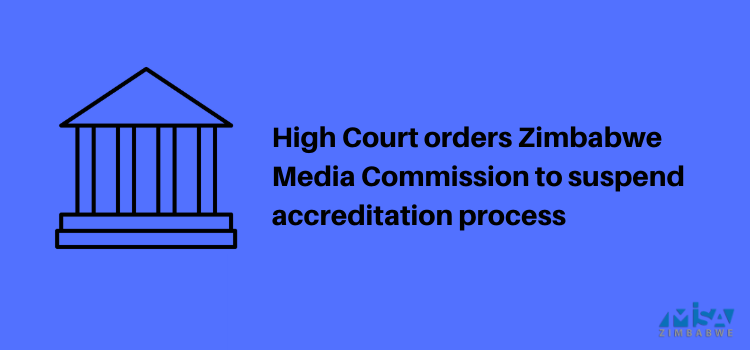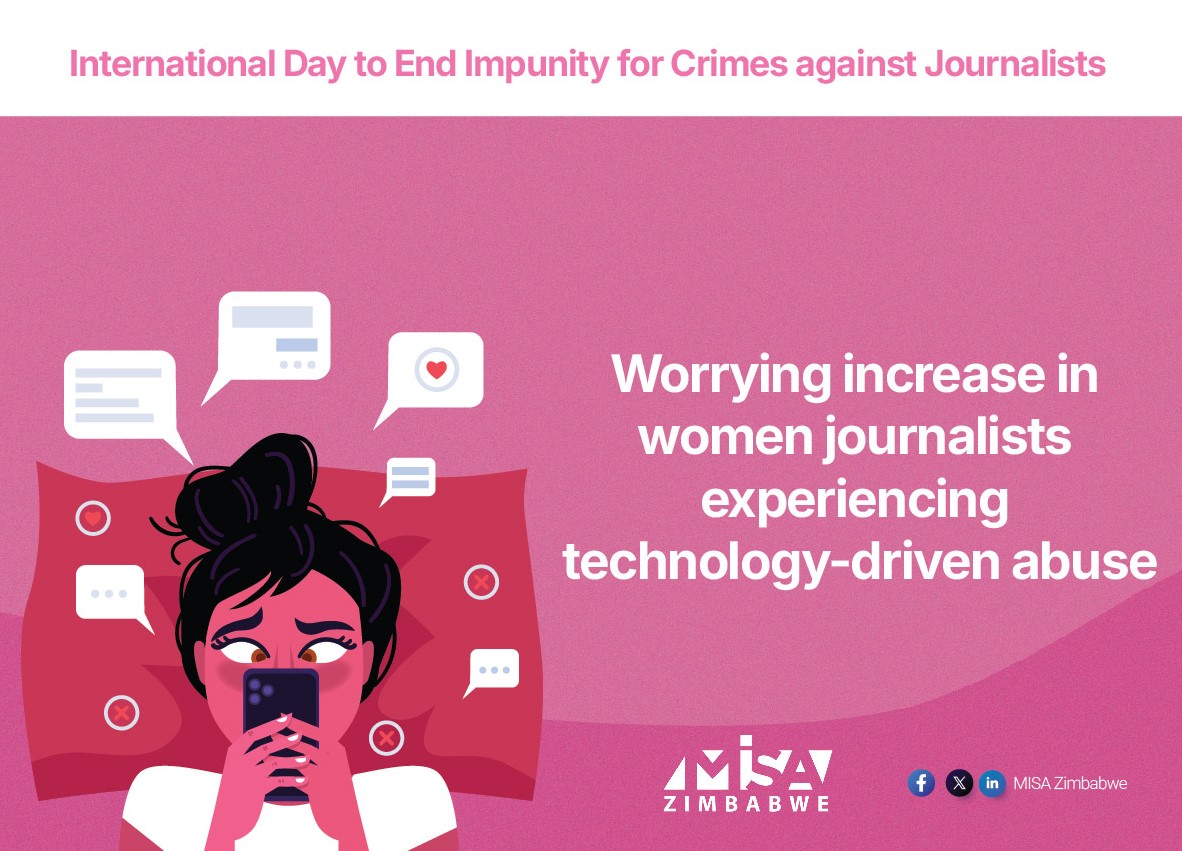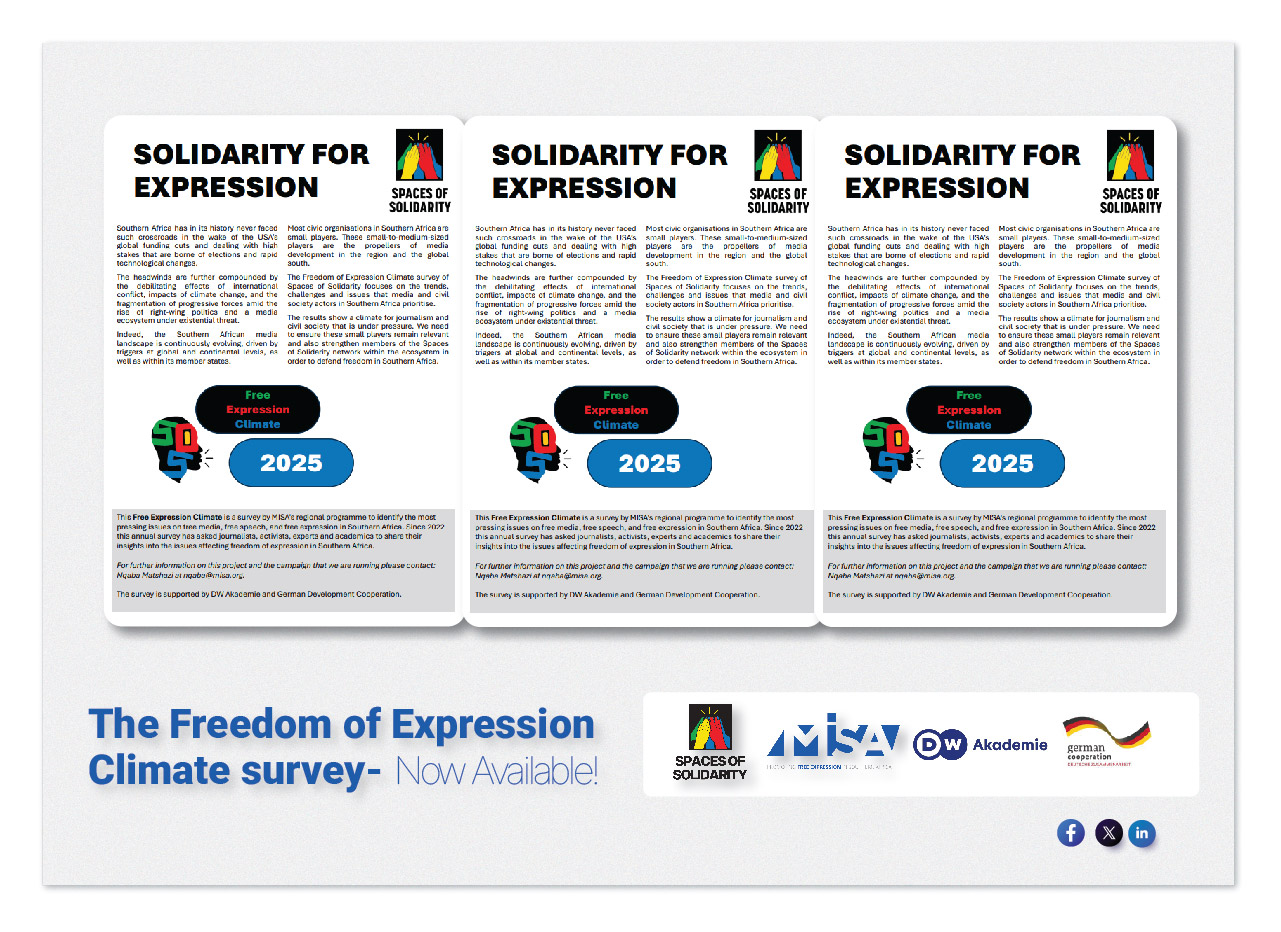The Zimbabwe Media Commission (ZMC) has been ordered by the High Court to suspend its accreditation process following an urgent application instituted by the Zimbabwe Online Content Creators Trust (ZOCC).
Justice Happias Zhou ordered the suspension on 3 June 2020. The High Court judge said the ZMC should also not proceed with implementation of its proposed new categories for accreditation.
In granting the interim relief sought by ZOCC, which was represented by lawyer Chris Mhike of Atherstone and Cook, the court said accreditation may only proceed after completion of ongoing consultations with the applicant (ZOCC) and other relevant stakeholders.
Background
ZOCC filed the urgent chamber application on 25 May 2020, seeking an order for suspension of the ZMC’s accreditation process which was set to commence in Harare on 26 May 2020.
Read: Content creators file court application against ZMC accreditation
In its application, ZOCC said the matter was urgent because the accreditation process by the ZMC was set to proceed on the basis of categories that are not provided for at law.
ZOCC said the ZMC should suspend the accreditation process and also be interdicted from implementing the proposed new accreditation categories.
“Accreditation may proceed after the completion of the ongoing consultations with the applicant (ZOCC) and other relevant stakeholders,” reads ZOCC’s application.
ZOCC said the court’s timely intervention in protecting the media at large and the applicant in particular, would give practical effect to the provisions of the Constitution, namely Section 61’s freedom of the media and Section 62’s access to information.
“Considering the respondent’s determination to go ahead with a flawed accreditation process even after efforts by the industry at resolving the matter amicably, it seems clear now, that the only other remedy that is available to the applicant is the intervention of this honourable court on an urgent basis,” reads part of the application.
End













